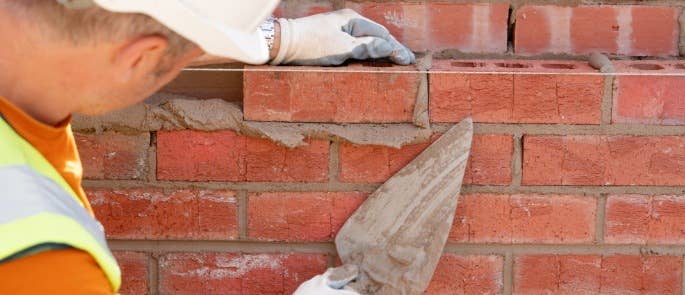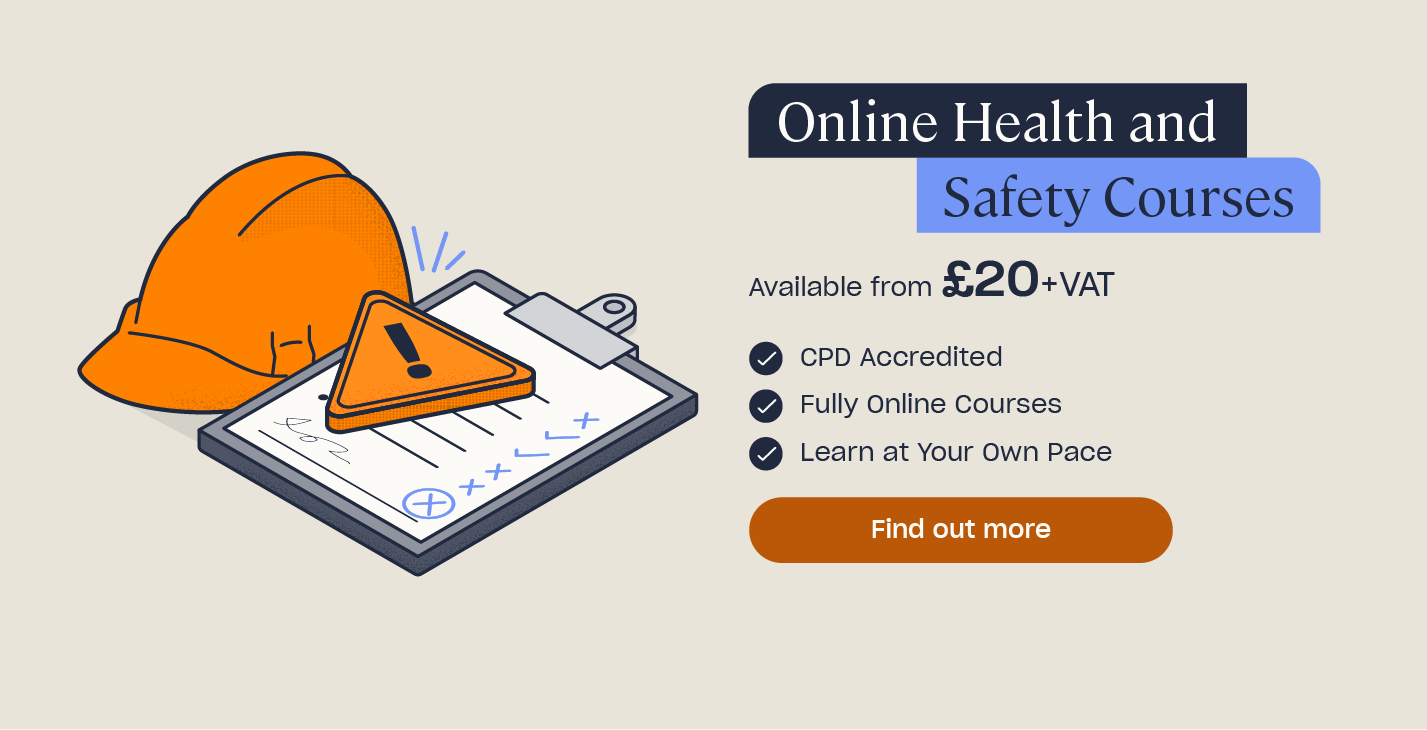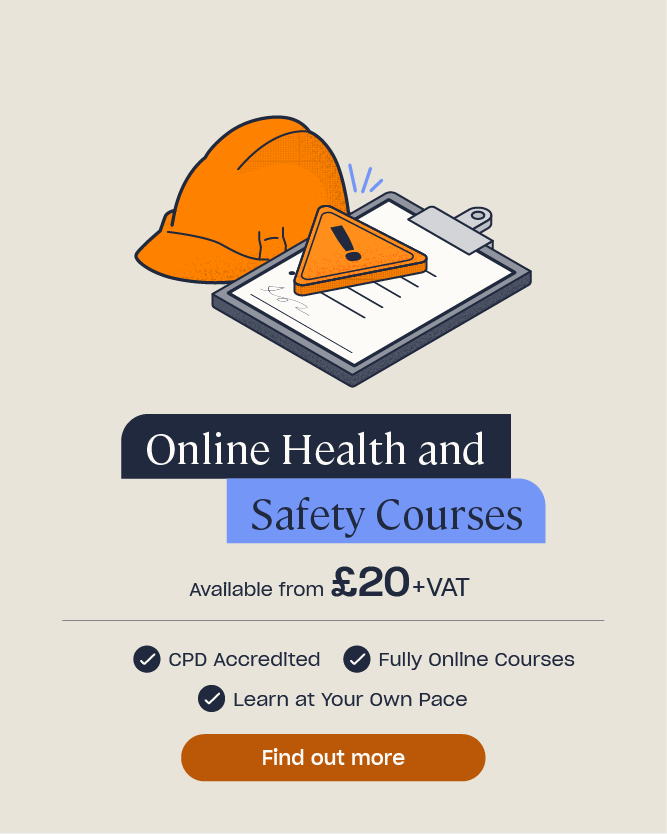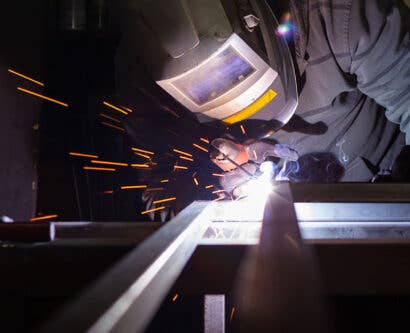Careers in Construction Industry: Opportunities and Roles
Whether you’re looking for your first full-time job, are wanting to progress in your current construction role, or are interested in changing your career altogether, there are many career opportunities in the construction industry. It’s a vital sector for society, and is also extremely accessible in terms of job roles – whatever background you’ve come from.
This is one of the most notable qualities of the industry: because it encompasses a huge range of roles, there’s something for virtually everyone. It does, of course, include the hands-on jobs that first come to mind when you think of construction. For example, bricklaying, crane operation, and carpentry. But there’s also so much more on offer, which we’ll explore throughout this article.
In this piece, we’ll discuss the types of careers that you can pursue in construction and the benefits of working in the industry. We’ll also provide a comprehensive (though not exhaustive) list of construction job titles, with a general description of what each role entails. This information will be a solid starting point for helping you decide which construction role might be right for you.
Contents of this Article
This article covers the following contents:
- What types of jobs are available in construction?
- How easy is it to get into the construction industry?
- Apprenticeship, worker, management, and senior management construction roles
- List of construction job titles
- Why should I work in the construction industry?
Use the above links to jump to different sections of the article.
What Types of Jobs are Available in Construction?
Construction projects require an incredible range of skills to go from conception to completion. Planning and management is just as vital as sawing and welding. During most construction projects, there will be people who come and go and people who are there from start to finish. Clearly, the scope of what you can do in construction is vast.

Later in the article, we’ll look at a list of construction job titles, to give you an idea of what sort of jobs you can get into. But first, let’s look at how accessible construction roles are, and at the overall levels and skill sets that many construction roles fall into. This will shed light on how you can get into the industry, whatever level of experience you have. Likewise, it’ll highlight the broad range of skills that lend themselves to the construction industry.
How Easy is it to Get into the Construction Industry?
As the construction industry is so vital, there’s no shortage of opportunity. In fact, many construction roles are currently in high demand in the UK.
According to a Construction Skills Network (CSN) report on The Skills Construction Needs, 266,000 additional construction workers will be required to meet UK construction demands by 2026 (53,200 workers per year). The report states that the sectors most in need are private housing, infrastructure, and repair and maintenance. The roles in particular demand include carpenters and joiners, construction managers, electronics and civil engineering technicians, estimators and valuers, and office-based support staff.

Now is evidently a good time to enter the construction industry. There is no lack of roles and you’d be joining a sector that contributes greatly to society. And there are many avenues through which you can enter the industry, whether you’re fresh out of school or already experienced in a construction role.
While you can enter into the industry at a range of skill levels, the actual skills and qualifications required depends on the role you’re interested in. To learn more about this, you can read our dedicated article on How to Become a Construction Worker.
Apprenticeship, Worker, Management, and Senior Management Construction Roles
Whatever level you’re looking at within the construction industry, there are plenty of opportunities, especially due to the current high demand. To help with the growing demand, the UK Government and the construction industry have fostered numerous routes for accessing the industry over the years.
For example, various T-Levels are now available (as alternatives to A-Levels) to train you in certain construction-related roles. Likewise, apprenticeships are widely accessible, to help you pursue all sorts of construction careers. College and university courses are also widely available. These will all put you in an excellent position for entering the job market after studies. In fact, these avenues usually provide on-site work experience, so you can hit the ground running.

If you’re a little more experienced or are looking for a career change – and aren’t able to access avenues like T-Levels or university courses – there are still lots of effective ways to get into the industry. For example, you could take an affordable or even free online course. Many employers will train you up for the job if you don’t have a lot of experience, and employer grants are even available to help them with this. Some initial training, a genuine interest in the role, and some transferrable skills will instil confidence in a prospective employer.
You could even start your own business if you’re in a position to do so. Self-employment in the construction industry is common and has many benefits.
List of Construction Job Titles
Below is a non-exhaustive list of careers in the construction industry, as well as a short description of what each role entails. This will help give you a general idea of what might be available, depending on your qualifications and experience.
- Architect. Architects are integral to construction projects, as they help to produce the visual and technical design of a building or other structure. They will set out what it needs to be built, e.g. the materials, dimensions, etc.
- Engineer. There are many types of engineering roles in construction, such as building service engineers, civil engineers, and geotechnical engineers. They are involved in the installation and maintenance of various structural elements, such as water, lighting, and heating facilities. Some roles may involve more large-scale projects, e.g. civil engineers may oversee infrastructure like roads and railways.
- Building surveyor. This role involves assessing and providing advice regarding how to improve buildings and other structures, such as repair or maintenance. It may also include providing guidance on the value or sustainability of the construction.
- Cost estimator or planner. A cost estimator or planner will, as the name suggests, help with mapping out the overall costings involved in a project. They will factor in everything required, including the labour, materials, time, etc.
- Project manager. Project managers map out and oversee a construction project’s progress from start to finish. They help to ensure it runs efficiently and in accordance with the budget.
- Site manager or supervisor. While project managers outline how work should be coordinated, site managers and supervisors help physically put this plan into effect. They oversee the people carrying out the work and ensure everyone is working effectively and safely.
- Site inspector. A site inspector will monitor and assess construction sites to ensure everyone is following the necessary safety standards and regulations, as well as the building plan and specifications.
- Glaziers. The role of a glazier is centred around working with glass, such as for windows or other glass fixtures like cabinets or doors. For example, their role may be to install all the windows for a new house.
- Electrician. This role is fairly self-explanatory: electricians handle the installation and maintenance of electrical systems in buildings, including lighting and heating systems.
- Carpenters. A carpenter’s role is focused on woodworking, from measuring the cuts needed, cutting and sanding the wood to shape, and putting the structure together, either on site or off site.
- Vehicle and /or machinery operator. Drivers of forklifts, cranes, excavators, HGVs, dumpers, skip trucks, etc. are vital roles for construction. For example, forklifts, HGVs, and cranes help to transport the necessary materials for projects, while excavators, dumpers, and skip trucks help remove dirt and waste from sites.
- Flooring installer. For example, carpet fitters and tilers. Their role is to measure, cut to size, and install flooring in buildings.
- Decorator and/or plasterer. A decorator’s role encompasses tasks like wallpapering, painting, and applying finishes to various areas of a building. They may come into the project at the end stages to follow the specifications already planned for the space, or they may lend their advice early on regarding how to decorate. A decorator’s role may also involve plastering throughout a building, though dedicated plastering roles are also an option.
- Plumber. A plumber will work with all things plumbing, including installing and maintaining the systems for toilets, sinks, baths, heating, etc.
- Roofer. Roofing work involves installing and maintaining the roofing and guttering of various buildings and of various material types.
- Bricklayer and/or concrete worker. Bricklayers and concrete workers are essential for putting together the foundation and framework of a building with bricks, stone, concrete, and mortar.
- Pipefitter. A pipefitter’s role is to ensure all the necessary pipework is installed and maintained for a building or other structure, such as for the plumbing and heating systems.
- Steel fitter. Steel fitters weld and rivet various cuts of steel, such as steel pillars or girders, to construct and fortify building structures.
- Safety manager. A safety manager’s primary role is to monitor and maintain health and safety while everyone is on site. They will help to ensure everyone who needs information, instruction, and/or training receives and follows it.
- Banksman/traffic marshal. A banksman (increasingly becoming known as a traffic marshal) helps to ensure work activities involving vehicles and mobile plant are carried out safely. They may use hand signals to help guide vehicles where visibility is limited and other control measures can’t sufficiently reduce the risk.
- Transport modeller. A transport modeller’s role involves working with transport routes, such as designing a new route entirely, planning a route that connects to existing transport systems, or improving existing routes.
- Asbestos removal worker. An asbestos removal worker is vital if it’s been identified that asbestos needs removing from a building, as only qualified individuals can safely remove it. This is often required during demolition and deconstruction of old buildings.
- Scaffolder. A scaffolder’s role is to erect and dismantle scaffolding systems, including the poles, work platforms and walkways, and guardrails and toe boards, as well as safety nets in some cases. Safely setting up scaffolding enables workers to carry out their roles safely at height.
- Slinger-signaller. A slinger-signaller helps to ensure work activities involving crane manoeuvres are carried out safely. They will help direct the crane operator to lift and lower loads, often with the use of hand signals and/or verbal communication via a radio system.

The roles and descriptions above are helpful overviews for you, but only brief introductions. So, if you’re interested in any role in particular, have a look online at job listings or more detailed descriptions to gain further insight.
Why Should I Work in the Construction Industry?
Pursuing a career in building and construction has numerous benefits:
- High in demand. As discussed earlier, construction roles are currently in high demand in the UK. A high demand means there is a lot of opportunity, and your chances of getting into or progressing in the industry are good. This is particularly the case if you’re interested in one of the roles experiencing greater shortages than others, like bricklaying.
- Accessible. We touched upon this in an earlier section in the article, but to summarise: you can access construction roles via many different avenues. Whether you’re fresh out of school or an experienced worker (in or out of construction), there are many effective ways to enter the industry.
- Career progression. As seen from the extensive job list, there are so many different routes you can pursue in construction. Many of these roles can build onto one another or progress into senior levels if you want them to. People in managerial roles have often worked their way up.
- Good working rates and salaries. Because construction roles are often skilled and, as mentioned, in high demand, salaries and working rates are competitive.
- Hands-on and fulfilling work. Construction work can bring an excellent sense of fulfilment, as you help transform a project from an idea on paper to a completed, physical creation. Having that clear end-goal and sense of purpose can be incredibly motivating and satisfying.
While there are clear, excellent benefits, it’s also important to be aware that construction roles can, like any job, come with challenges.

For example, although there are plenty of roles that are not labour-intensive, many are very physical roles and require a good level of fitness and desire to engage in that type of work. Furthermore, many of the on-site roles can come with health and safety hazards that require you to follow good control measures and training.
As long as you understand and prepare for the more challenging aspects of construction roles, then you’ll be able to choose a role that’s right for you.
The construction industry is brimming with opportunity, especially in the current UK job market where there’s a high demand for workers. The industry has a vast range of job roles, whether you’re new to the industry or are an experienced worker. Likewise, there are many options available depending on whether you want a more physical, on-site role, or if you’re more interested in planning and management. Plus, there are many ways to train up for and access various careers in the construction industry.
This article has hopefully provided you with a good starting point for gauging whether you’re interested in working for the construction industry, and what specific roles sound like a good fit for your career.
What to Read Next:
- Online Health and Safety Training Courses
- How to Become a Construction Worker
- Ten Common Construction Site Hazards
- Welding Hazards in the Workplace: Safety Tips & Precautions
- Guide to Construction Tenders
- How to Find the Right Career for Me
- Banksman Signals: Free Poster
- How to Become a Site Manager
- Alternative Careers for Construction Workers










